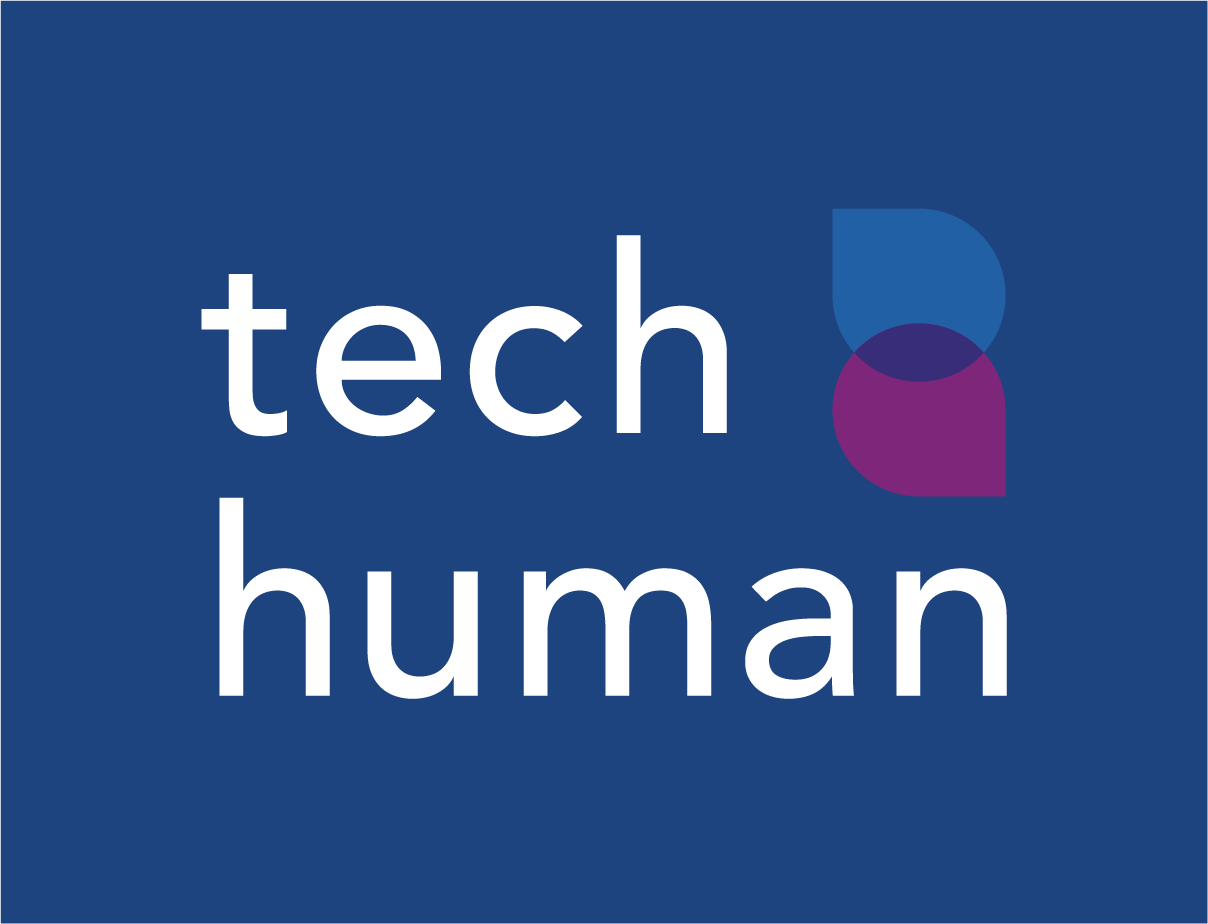Screenwise: Devorah Heitner
Helping Kids Thrive (and survive) in Their Digital World
Devorah Heitner 2016
9781629561455
“You don’t have to know everything about every app and device to mentor your children. But you do need to be in the conversation. If you’re not a part of their world, you can’t influence their world.”
Devorah Heitner has extensive knowledge and experience helping tweens and teens develop digital competence. She co-authored a digital citizenship curriculum for schools in the United States and runs workshops for parents through her website Raising Digital Natives. In Screenwise, Heitner sets the scene for what it is like to grow up in a digital world. She provides practical advice and offers many real-life stories to illustrate her points. We found the thinking and discussion prompts are particularly helpful in considering how to we view and manage technology in our household.
Heitner emphasises that being competent using technology doesn’t mean that children can use it safely and responsibly. Just like learning to ride a bike or drive a car, they need their parents to teach them how to use technology wisely. We wouldn’t give our child a bike or car without:
Some training in how to use it and the rules of road (both written and unwritten)
Practice time getting to grips with how to ride/drive safely, including how to handle tricky situations (e.g. steep downhill on a bike or managing double roundabouts in a car)
Knowledge of how know if something is broken (and perhaps how to fix it)
Supervision – watching them develop independence and giving them feedback
With technology, it’s just the same. We want our children to enjoy the benefits of technology while avoiding the harmful side effects. Eventually, we want them to be competent users of technology so that they can live a balanced, healthy life with technology. Heitner advocates a mentoring approach to help our children develop their digital literacy and critical thinking skills.
One of the aspects we liked about this book is the emphasis that parents don’t need to be techies themselves in order to develop tech-literate children. Our children might be more digitally savvy than us, but we have more social wisdom. Heitner provides a great grounding in understanding the digital world our children are growing up in and how we can help them using our greater experience and skill in living life.
To see the world from our children’s perspective, provides insight into the attraction of technology and how it helps meet their personal and social needs. From this starting point, we can mentor with more empathy; setting and extending boundaries more appropriately, as our children demonstrate their own competence.
Heitner has suggestions for kids with special needs and/or social challenges; suggestions for safe gaming. She dedicates an entire chapter to friendship and dating in the digital age. She addresses other important topics including:
monitoring versus mentoring
consuming versus creating
digital footprints
respect and permission for sharing on social media
social connection and identity
privacy and oversharing
the facade of social media
There are helpful perspectives on other significant questions like when is my child ready to have their own smartphone? What impact will devices have on their learning? What about digital distraction? Heitner offers guidance on how to help our kids understand data collection, their digital footprints and how to repair any damage caused when they inevitably make mistakes.
Heitner provides practical suggestions to help parents find ways to talk to their children, helping them to develop the skills they need to thrive as they navigate the challenges of life in a digital world. She also encourages parents to be aware of their own relationship with technology. After all, we are the model of behaviour our children see.
For our family, we have been developing insight into the digital world in which our children live. We have thought about the skills and knowledge we want our children to learn and discussed the values that we want our children to demonstrate in both their online and offline worlds. Heitner’s thinking and discussion prompts have made us stop, think and reflect further about how we manage technology within our home. As a result of this book, we are spending less time worrying about the dangers of technology. Even though we are more aware of the pitfalls, we are more confident that together, we can handle situations that may arise. This isn’t to say that we’ve got it right – parenting in this digital age is definitely a work in progress for us. We will still make mistakes just as our children will, but we feel better equipped to support and mentor them on that journey.
There are helpful perspectives on other significant questions like when is my child ready to have their own smartphone? What impact will devices have on their learning? What about digital distraction? Heitner offers guidance on how to help our kids understand data collection, their digital footprints and how to repair any damage caused when they inevitably make mistakes.
© 2020 Linda Ebsworth

